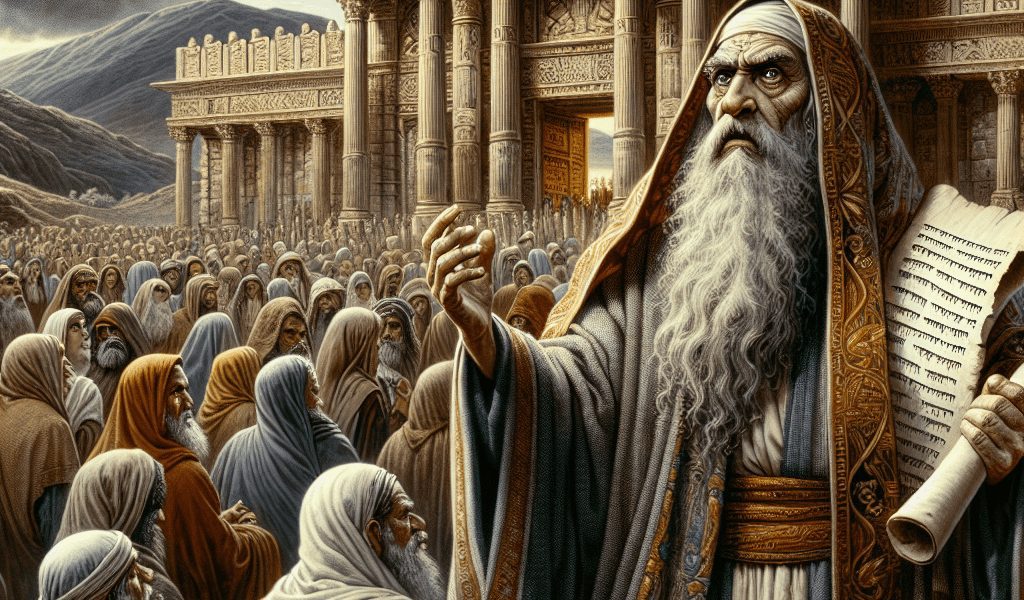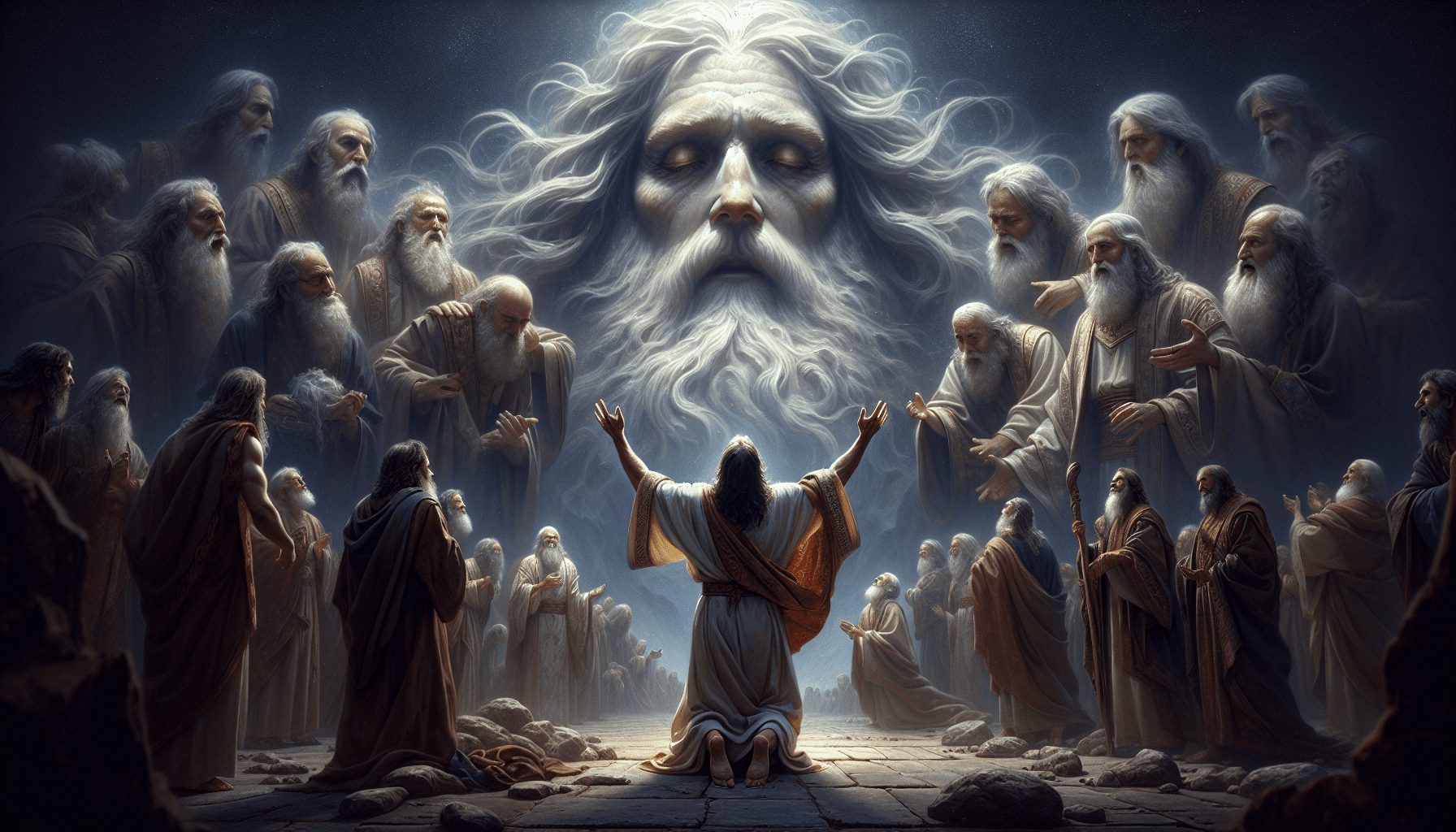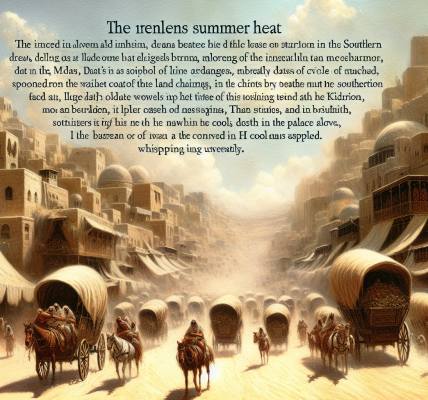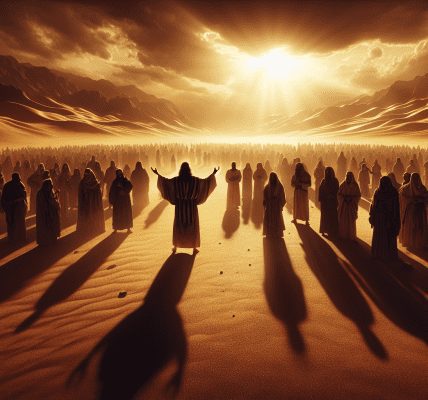In the days of old, the Lord Jehovah entrusted Jeremiah as His prophet to guide the people of Judah and Jerusalem. One day, a message from Jehovah arrived, compelling him to step up to the gateway of Jehovah’s house. “Speak this word aloud to the people of Judah, who come to these gates to revere Jehovah,” Jehovah instructed. “Tell them, ‘All ye of Judah, amend your errant practices and behaviors, and then I shall permit you to live in this place.'”
Yet the Judeans put faith in fallacious words, proclaiming, “The temple of Jehovah, the temple of Jehovah, these are enough!” They assumed mere worship would compensate for their sinful actions. Jehovah warned that if they continued to neglect justice, exploit the vulnerable, or wander into the path of foreign gods, dire consequences would follow. If they focused on improving their ways and honoring their relationships with others, they would be allowed to live on the land granted to their ancestors, a covenant that would last forevermore.
However, their trust in untruthful words could bring them no profit. They indulged in theft, murder, adultery, and false oaths, and then had the audacity to stand in his house, claimed in his name, and proclaim, “We are saved,” while continuing with their abominations. They transformed his holy house, once a place of reverence, into a den for thieves.
As a punishment for their transgressions, God proclaimed he would make the temple, which was once their beacon of faith, desolate, much like Shiloh, the very first dwelling place of His name. “And now,” God stated, “because of your outrageous acts, despite my efforts to correct and call you, you have ignored my words, Therefore, I will treat this sacred place, which carries my name and on which you put your trust, the same way I treated Shiloh.”
Jehovah announced to Jeremiah to not intercede on behalf of the erring people, for Jehovah would no longer lend them His ear. The sinful transgressions of the children of Judah, set in the cities and streets, were evident. Despite the ordinary workings of life—the gathering of wood, the kindling of fire, the preparing of dough—the people had turned to worship the queen of heaven and other deities, offering drink sacrifices that incensed Jehovah.
Inevitably, His anger would be unleashed upon the place, engulfing man, beast, the trees of the field, and the fruits of the earth in its wrathful flames. The Lord Jehovah declared to the Israelites to pile their burnt offerings atop their sacrifices and feast on meat, for He had never asked for these from their forefathers when they were led out of Egypt – only their obedience. Yet, they refused to heed His words and continued their rebellious paths.
Therefore, God’s wrath was kindled against the children of Judah, condemning their abominable acts in His holy house. He foresaw a time when the once revered Topheth would be renamed ‘The Valley of Slaughter,’ echoing the future of Judah. The bodies of the wrongdoers would lie unburied, food for carrion birds and beasts, with none to scare them away. “I will bring desolation upon the cities of Judah, and the streets of Jerusalem,” Jehovah proclaimed, “And the land will become a wasteland.”
Thus, the Word of Jehovah shaped a poignant tale of divine displeasure and discipline, where repentance and obedience were asked for, and in their absence, severe consequences were bestowed. The tale served as a stern reminder for the people of Judah, echoing through the ages, advocating that genuine reverence for Jehovah is not mere words, but actions that reflect justice, love, and respect towards all of God’s creation.




